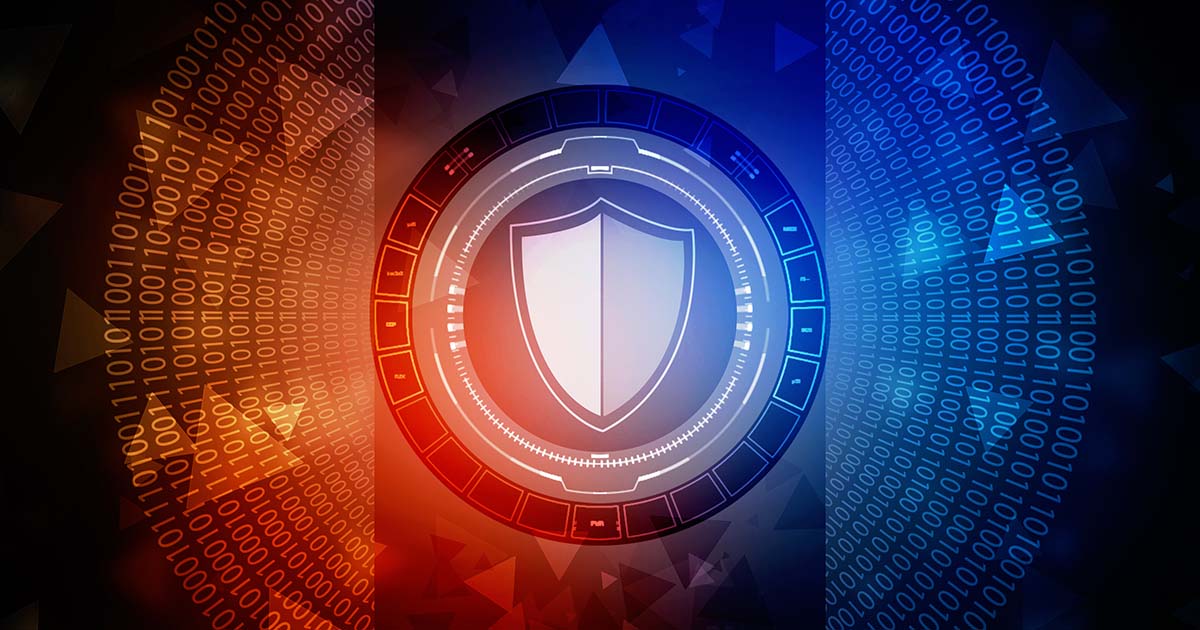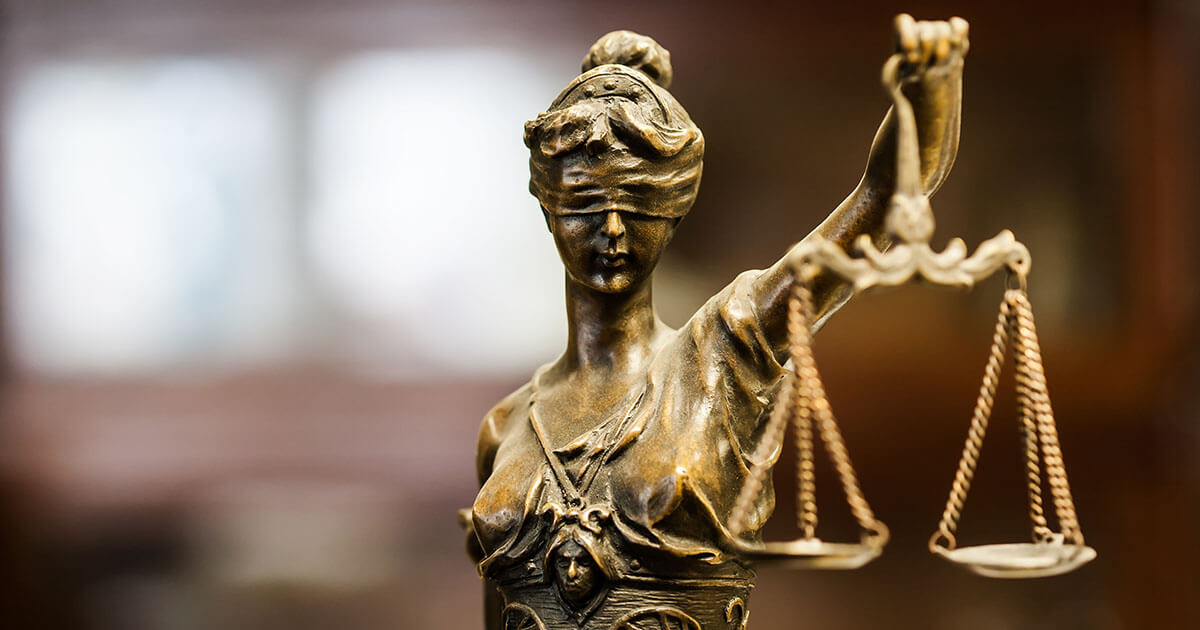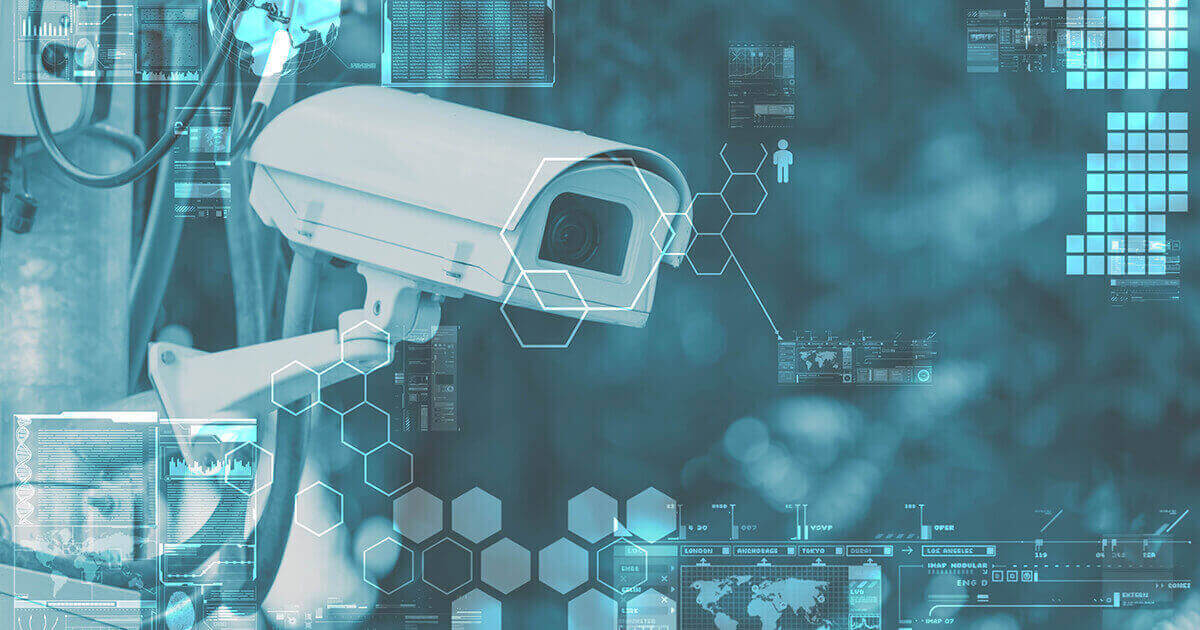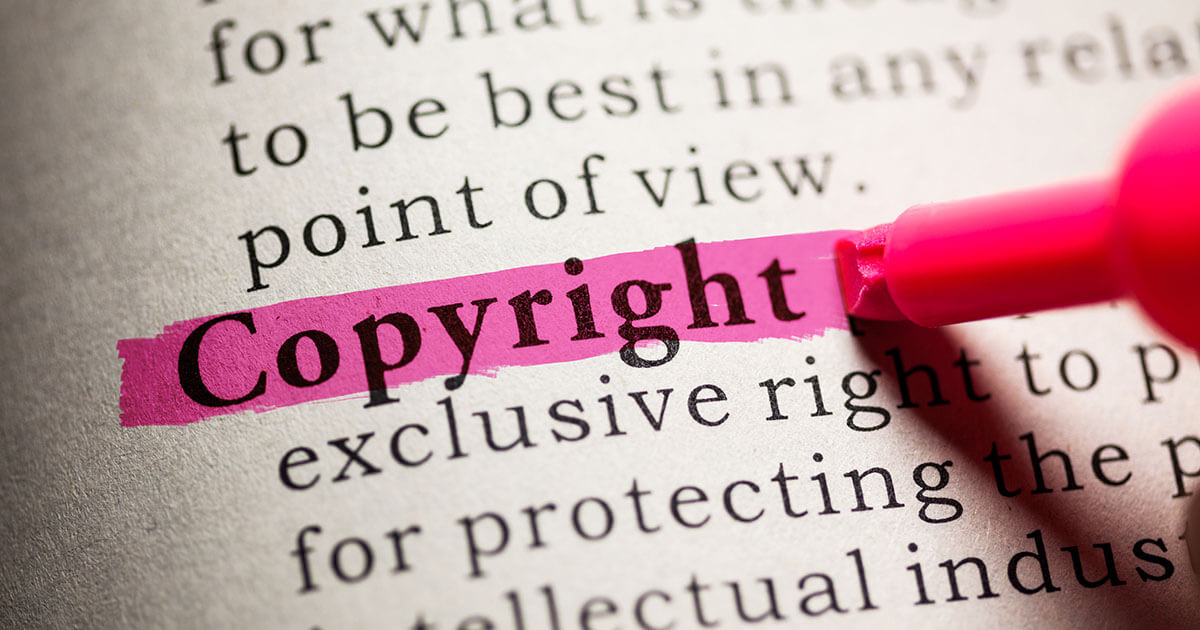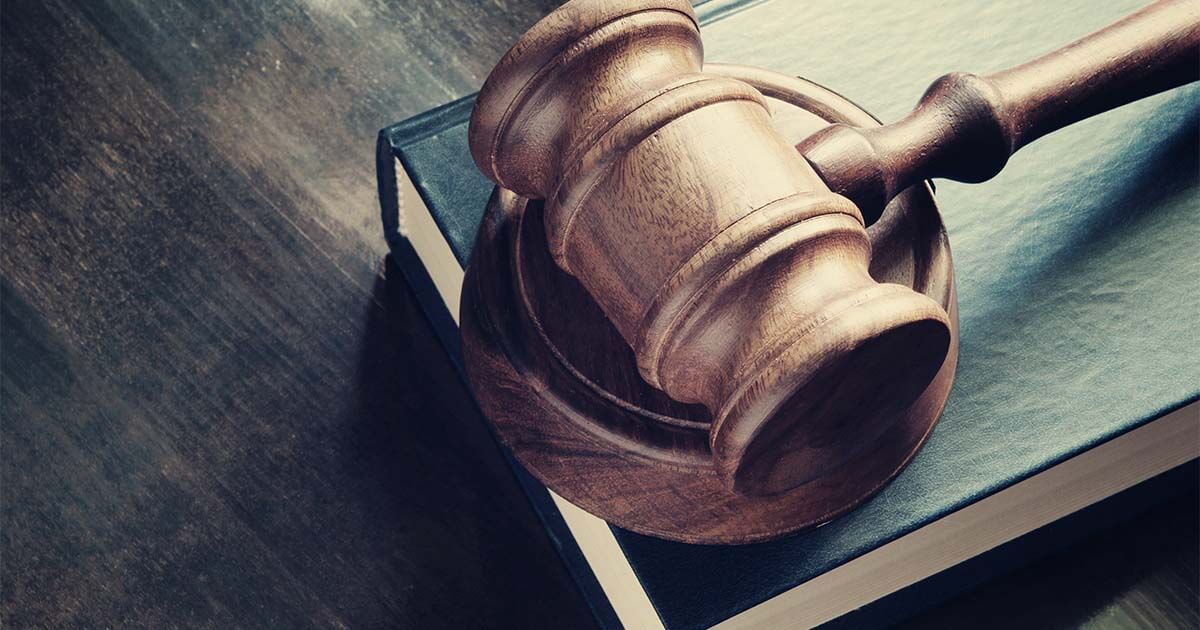
What is the right to be forgotten?
“The Internet never forgets” — that’s the old saying. But for anyone in the jurisdiction of the European GDPR, that’s no longer the case. The right to be forgotten allows users to request that their personal data be deleted. While the GDPR is a European regulation, it’s also relevant for American companies active in Europe or selling goods to Europeans. Keep reading to know more about the GDPR…

